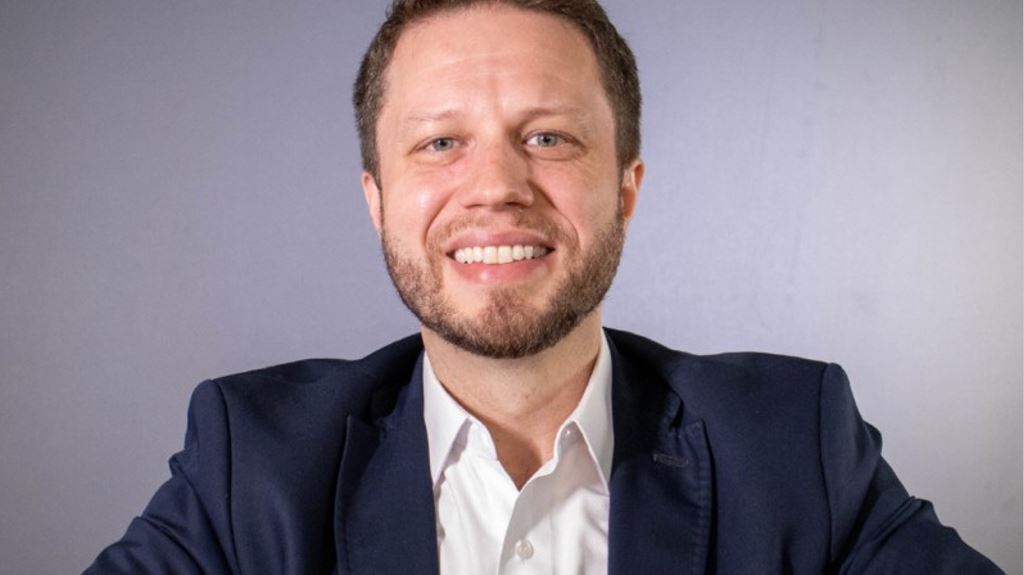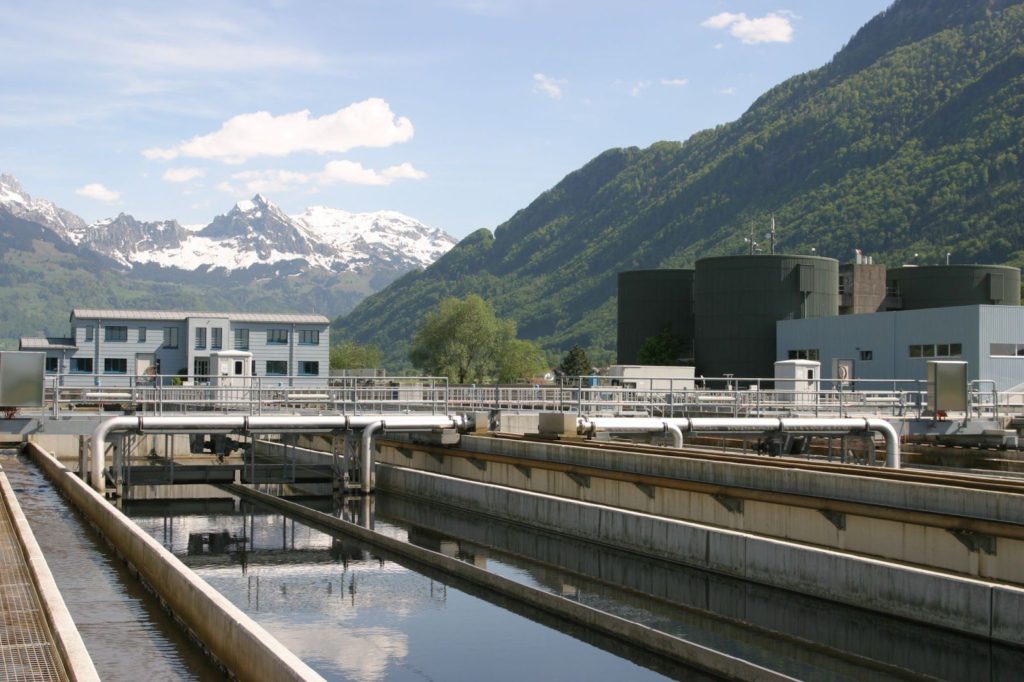 *By Patrick Baudon
*By Patrick Baudon
With the goal that, by 2033, 99% of the Brazilian population will have access to drinking water and 90% to sewage treatment and collection, the Sanitation Legal Framework, in force since July 2020, completed three years. From increased investment to the inclusion of the private sector, the market has evolved considerably since then.
By 2022, Marco Legal had generated around R$ 72.2 billion in investments for the sector, according to data from the Ministry of Regional Development (MDR). The new regulation guaranteed resources with the concession of services under the rules of the new legislation. In all, 19.3 million people were benefited in 212 municipalities with the bids, which took place mainly in the states of Alagoas, Espírito Santo, Mato Grosso do Sul, Amapá and Rio de Janeiro.
The measure imposed some changes linked to the new target. Mandating public tenders and allowing the private sector to compete in these processes, in addition to the requirement that companies demonstrate the financial capacity to achieve the stipulated goal, were some of them.

(Image by kubinger/Pixabay) The sanitation market needs to invest in technology and data.
These alterations provided a favorable scenario for promoting renewals in the sector, enabling an environment of greater competition between companies.
In this more competitive scenario, the soil was fertile for the emergence of new initiatives, both public and private companies. The milestone rekindled the spotlight on dammed-up demands, in addition to drawing attention to pending issues related to the management of water resources, water treatment, water reservation and distribution, as well as sewage collection and treatment, which need to be resolved in order to comply with the goal.
The use of technology in the sector, in turn, was boosted, as the milestone accelerated initiatives related to innovation, customer management and process automation. However, the speed of development is an issue that still demands more attention.
Despite the stipulated target, according to the National Sanitation Information System (SNIS), almost three years after the approval of the new Legal Framework, more than 35 million Brazilians still live without treated water and more than 100 million do not have sewage collection and treatment. sewage. In this sense, what would be the next step to accelerate the results and reach the objective within the stipulated time?
Data intelligence is the sector's greatest ally
At first, understanding the scenario and how each project behaves to intelligently direct investments is the most urgent measure, as it will indicate which initiatives demand greater attention and need a quick resolution of problems. And one of the main allies in this trajectory is the use of data intelligence.
The investment in a technology capable of accurately recording information related to consumption, time of use of certain equipment and real-time consumption monitoring of numerous variables, help in understanding the environment and ensure more assertive decision-making.
Data platforms that allow the development of solutions, the optimization of processes, the creation of new business models and new customer experiences are examples of essential tools in this context of innovation and the search for the universalization of basic sanitation in the country.
From the data captured by IoT sensors, for example, it is possible to have an effective management of operational data and work with predictability to combat losses in water distribution, automate the measurement process through smart meters or even monitor the availability of water, accelerating internal processes that guarantee the generation of accurate data, bringing the possibility of implementing SmartGrid solutions in the sector.
Other than that, investment in technology should not only be linked to physical devices, but also to software that will help manage information. In this sense, leveraging data platforms via tools, functionalities, techniques and processes that ensure greater governance in the management of the data life cycle is extremely important.
Thinking about the integration, consumption and exposure of this data with security and agility, the adoption of an API management platform is also fundamental, whether to consume external information for a given analysis, or even to expose information and services to the “external world”. Engaging business partners to offer unregulated services, for example, targeting new revenue, or exploring – through applications and websites – information and insights generated, is only possible thanks to the applicability of the API ecosystem.
Innovation, therefore, depends on working with various partners, universities, research institutions, among others, and it is essential to adopt an API First mindset to facilitate interaction between these actors, as well as streamline the journey that goes from conceptualizing problems and ideas to the deployment and dissemination of innovative technology.
However, investment in information technology is still considered relatively low in the national sanitation sector, which often needs to prioritize more primary problems, such as the infrastructure itself, and deal with the barriers of the financial limit.
Given this scenario, the sanitation market is a segment that still uses little of the technology available today, with few companies still capable of owning and implementing the innovations that are within our reach. In this sense, the challenge of capturing data from basic systems still arises, due to outdated platforms that are currently in operation.
Despite the democratization of technology in the sector still has a lot to evolve, the current moment is ideal to direct attention and, mainly, investments in innovation and solutions that will be the central driver in the generation of value. Although the market has already evolved significantly, we must have technology as a great enabler for this trajectory towards the universalization of basic sanitation in the country to be possible.
*Patrick Baudoné Commercial Director of the Energy & Utilities market in Engineering Brasil. Graduated from the University of São Paulo (USP), the executive has more than 15 years of experience
Notice: The opinion presented in this article is the responsibility of its author and not of ABES - Brazilian Association of Software Companies













